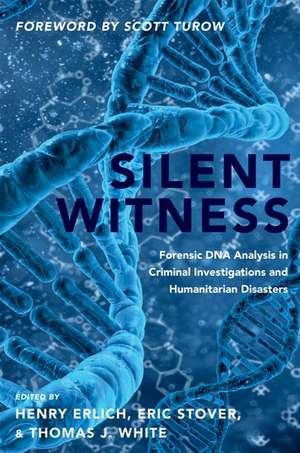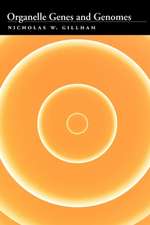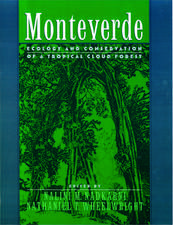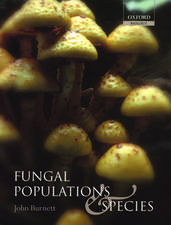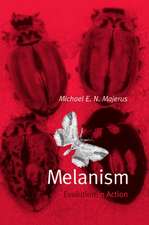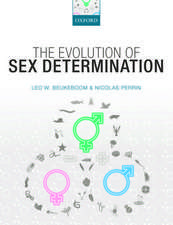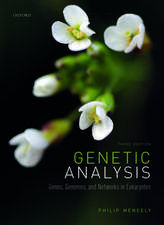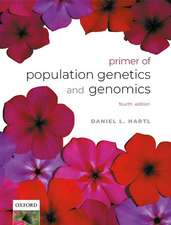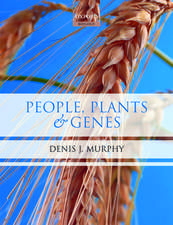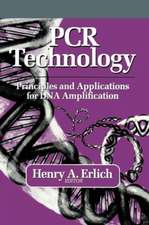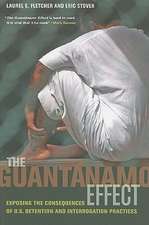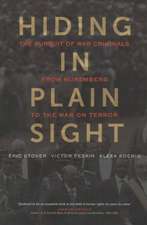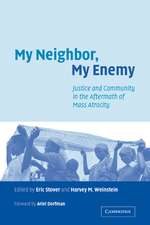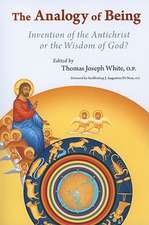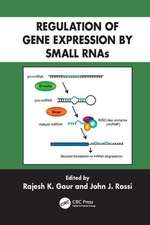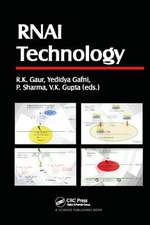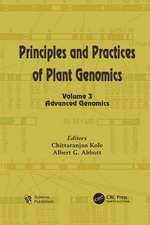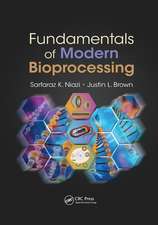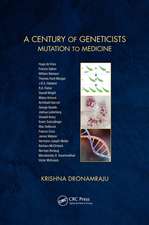Silent Witness: Forensic DNA Evidence in Criminal Investigations and Humanitarian Disasters
Editat de Henry Erlich, Eric Stover, Thomas J. White Cuvânt înainte de Scott Turowen Limba Engleză Paperback – 7 ian 2021
Preț: 222.50 lei
Nou
Puncte Express: 334
Preț estimativ în valută:
42.57€ • 44.46$ • 35.16£
42.57€ • 44.46$ • 35.16£
Carte tipărită la comandă
Livrare economică 04-10 aprilie
Preluare comenzi: 021 569.72.76
Specificații
ISBN-13: 9780190909451
ISBN-10: 0190909455
Pagini: 412
Dimensiuni: 155 x 231 x 31 mm
Greutate: 0.57 kg
Editura: Oxford University Press
Colecția OUP USA
Locul publicării:New York, United States
ISBN-10: 0190909455
Pagini: 412
Dimensiuni: 155 x 231 x 31 mm
Greutate: 0.57 kg
Editura: Oxford University Press
Colecția OUP USA
Locul publicării:New York, United States
Recenzii
There are many books on the science of forensic DNA profiling. There are many books on the legal issues its raises. There are none as comprehensive and effective as Silent Witness in bringing together the thoughts of leading scientists, lawyers, and other researchers on the history of this revolutionary forensic science, the most recent advances and applications, and the ethical and policy issues it poses across the globe.
This book traces the history of the fascinating forensic DNA technology and provides a comprehensive discussion of the many issues raised by it — the science, ethics, privacy, and many more. It is an essential book for students and scholars and indeed for the interested layperson.
This book is a great additional to the tool kit all of us have who seek truth and justice, whichever side of the courtroom we call home.
This remarkable text brings together experts — from academia and the field — to share their knowledge of the science, law, and ethics around the use of emergent DNA technologies to bring justice, social repair, and closure in the wake of genocide, conflict and other humanitarian crises, including on the U.S. border. This book is essential reading for anyone interested in exploring the intersection of science and criminal justice, transitional justice, and peace-building.
This book traces the history of the fascinating forensic DNA technology and provides a comprehensive discussion of the many issues raised by it — the science, ethics, privacy, and many more. It is an essential book for students and scholars and indeed for the interested layperson.
This book is a great additional to the tool kit all of us have who seek truth and justice, whichever side of the courtroom we call home.
This remarkable text brings together experts — from academia and the field — to share their knowledge of the science, law, and ethics around the use of emergent DNA technologies to bring justice, social repair, and closure in the wake of genocide, conflict and other humanitarian crises, including on the U.S. border. This book is essential reading for anyone interested in exploring the intersection of science and criminal justice, transitional justice, and peace-building.
Notă biografică
Henry Erlich is Senior Scientist at the Benioff Children's Hospital Oakland Research Institute. He was previously Vice President of Discovery Research at Roche Molecular Systems and Director of Human Genetics at Cetus Corporation. He is a pioneer in the development and application of PCR in forensic DNA analysis and performed the first DNA-based forensic analysis in the United State in 1986 and the first DNA-based exoneration in 1988. Erlich also pioneered the development of DNA-based HLA typing and its application to the study of the genetics of autoimmune diseases. He is the author of over 450 scientific articles and has been the recipient of numerous awards, including the "DNA Profiles in Courage Award" from the National Institute of Justice in 2001.Eric Stover is Faculty Director and Adjunct Professor of Law and Public Health at the Human Rights Center, School of Law, University of California, Berkeley. Since the 1980s, he has led forensic missions to investigate the fate of the disappeared in Argentina, Guatemala, Brazil, El Salvador, Mexico, Iraq, the former Yugoslavia, and Rwanda. In 1984, Stover testified about the forensic search for the disappeared in the trial of Argentina's former ruling junta. He is the author and co-editor of several books on the forensic sciences and human rights and has co-produced several documentaries, including the 2017 PBS three-part series "Dead Reckoning: War, Crime, and Justice from World War II to the War on Terror."Thomas J. White is an advisor to the Human Rights Center, School of Law, University of California, Berkeley, and former 2012-2013 Regents Lecturer at the University of California, Berkeley. He previously held the positions of Vice President of Research at Cetus Corporation, Senior Vice President of Research & Development at Roche Molecular Systems, and Chief Scientific Officer at Celera Corporation. He is co-editor of four books on DNA analysis, two published by Academic Press and two by the American Association for Microbiology Press, and is co-author on 100 articles in peer-reviewed scientific and medical journals.
